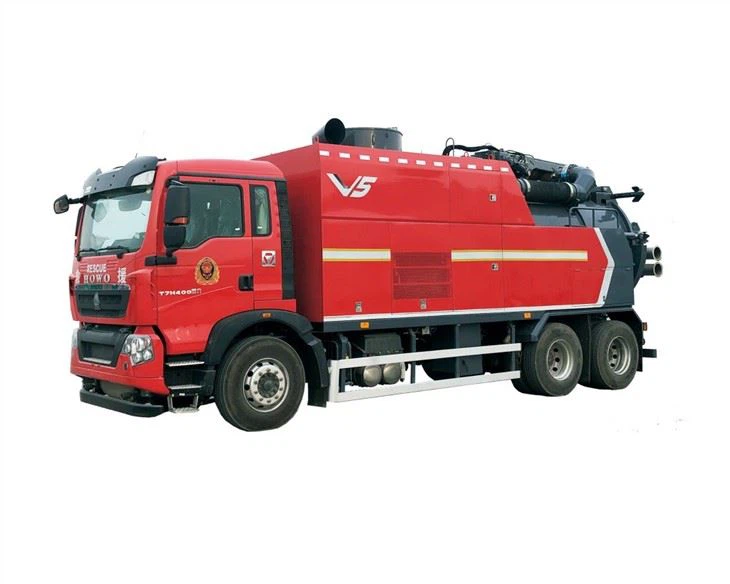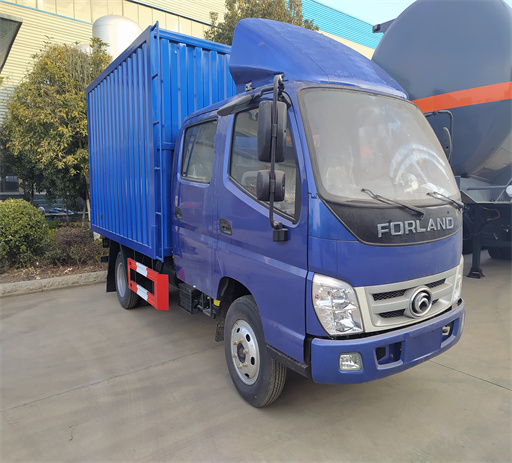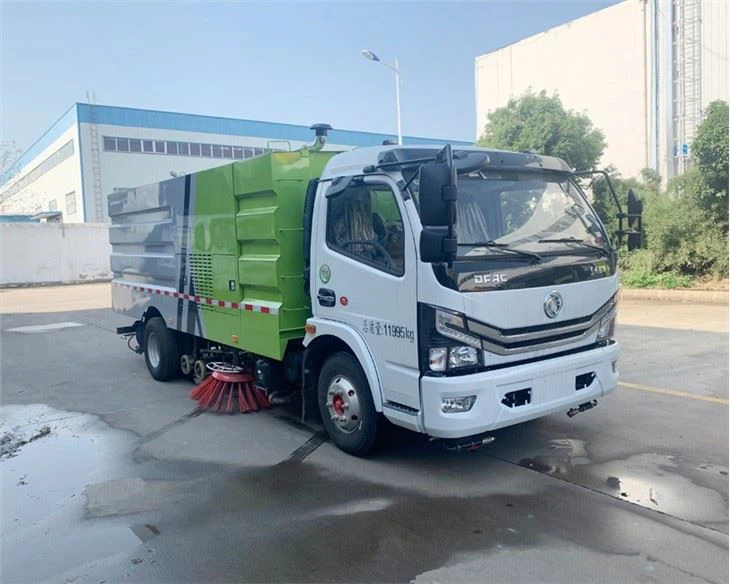Everything You Need to Know About Petrol Trucks

Introduction
Petrol trucks have become a vital part of the transportation industry, providing efficient solutions for transporting goods across various distances. With their superior performance, convenience, and versatility, they serve numerous applications, from commercial deliveries to personal use. In this article, we’ll dive deep into the world of petrol trucks, covering their types, benefits, maintenance, and much more to help you make informed decisions, whether you’re a fleet manager, a small business owner, or simply a petrol truck enthusiast.
Understanding Petrol Trucks
What is a Petrol Truck?
A petrol truck is a vehicle designed primarily for the transportation of goods, powered by an internal combustion engine that runs on petrol (gasoline). These trucks can vary widely in size, capacity, and features, catering to different logistical needs.
Types of Petrol Trucks
- Light-duty Petrol Trucks: Often used for small to medium-sized businesses, these trucks have a lower payload capacity and are ideal for city driving.
- Medium-duty Petrol Trucks: These trucks can handle larger loads and are perfect for regional deliveries.
- Heavy-duty Petrol Trucks: Designed for high-capacity transport, these trucks are used for long-haul operations and can carry significant weight.
Common Uses for Petrol Trucks
- Deliveries for retail businesses
- Transportation of construction materials
- Utility work and service operations
- Food and beverage distribution
Advantages of Petrol Trucks
Performance and Power
One of the distinct advantages of petrol trucks is their ability to provide strong performance and power. Petrol engines typically deliver quicker acceleration, making them ideal for urban environments where stop-and-go driving is prevalent.
Lower Initial Costs
Compared to diesel trucks, petrol trucks generally have lower initial purchase costs. This makes them an attractive option for small businesses or individuals who do not wish to invest heavily upfront.
Lighter Weight
Petrol engines are typically lighter than their diesel counterparts. This can lead to improved payload capacities, providing additional value for businesses that need to maximize their cargo loads.
Petrol Truck Fuel Efficiency
Understanding Fuel Efficiency Ratings

Fuel efficiency is an essential consideration for any truck owner. Petrol trucks usually have lower fuel efficiency compared to diesel trucks, but advancements in technology have led to improvements in recent models. Understanding the miles per gallon (MPG) rating is crucial for estimating fuel expenses.
Tips for Improving Fuel Efficiency

- Regular maintenance to ensure the engine runs smoothly
- Using fuel-efficient driving techniques, such as maintaining steady speeds
- Reducing unnecessary weight in the truck to improve MPG
Maintenance and Care for Petrol Trucks

Routine Maintenance Tasks
Maintaining your petrol truck is vital for its longevity and reliability. Regular checks should include:
- Oil changes every 5,000-7,500 miles
- Inspecting and replacing air filters as needed
- Tire rotation and pressure checks
Common Repairs
Like any vehicle, petrol trucks can face common repair issues, such as:
- Brake pad replacement
- Fuel system cleaning
- Transmission servicing
Choosing the Right Petrol Truck
Assessing Your Needs
When selecting a petrol truck, it’s essential to evaluate your specific needs, such as:
- Payload capacity
- Frequency and type of trips
- Type of goods transported
Evaluating Truck Specifications
Consider the following specifications when choosing a petrol truck:
| Specification | Importance |
|---|---|
| Engine Power | Determines performance and towing capacity |
| Fuel Economy | Affects running costs over time |
| Bed Length | Critical for cargo space needs |
Petrol Trucks vs. Diesel Trucks
Fuel Differences
While petrol trucks use gasoline, diesel trucks run on a more energy-dense fuel, which generally provides better fuel economy. Here’s a comparison of benefits:
| Feature | Petrol Trucks | Diesel Trucks |
|---|---|---|
| Initial Cost | Lower | Higher |
| Fuel Economy | Less efficient | More efficient |
| Power Delivery | Better for acceleration | Better for towing and haulage |
Best Scenarios for Each Type
Petrol trucks excel in urban settings and short-distance deliveries, while diesel trucks are better suited for long-haul transportation needs. Assess your operational requirements to make the best choice for your business.
Environmental Considerations
Impact of Petrol Trucks
Petrol trucks produce greenhouse gases, which contribute to air pollution and climate change. However, newer model trucks are equipped with advanced emissions controls to minimize their environmental impact.
Alternative Fuel Options
As the industry shifts towards sustainability, alternatives such as electric and hybrid trucks are gaining popularity. These options can significantly reduce emissions and operational costs in the long run.
Frequently Asked Questions (FAQs)
What is the average lifespan of a petrol truck?
The average lifespan of a petrol truck ranges from 10 to 15 years, depending on maintenance, driving habits, and usage.
How do I improve the fuel efficiency of my petrol truck?
To improve fuel efficiency, ensure regular maintenance, avoid excessive idling, and practice smooth driving habits.
Are petrol trucks better for short-distance transport?
Yes, petrol trucks are generally more efficient for short distances due to better acceleration and lower operating costs for local deliveries.
What size petrol truck do I need for my business?
The size of the petrol truck you need depends on your cargo volume and weight, as well as operational areas. Assess your needs before making a decision.
Can petrol trucks be converted to run on alternative fuels?
Yes, some petrol trucks can be converted to run on alternative fuels, such as propane or compressed natural gas, although the conversion process should be handled by professionals.
Is it expensive to maintain a petrol truck?
Maintenance costs for petrol trucks can vary, but regular service and minor repairs typically result in lower overall costs compared to heavy-duty diesel trucks.
